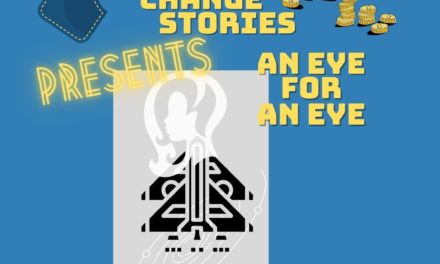In the two years, I’ve been a professional blogger, I learned a lot. Making a post isn’t just about putting words on a screen with a clickbait title. That’s a huge misconception and one that has truly made my life difficult.
As a blogger you’re doing:
Content Creation
Researching >> finding the right resources to back up your point, or playing a game
Outlining >> Getting your points in order
Writing
Editing
Posting
Social Media
A|B testing >> this means finding the right time and place to post something. There are certain points of the day you’ll receive better traffic depending on the channel
Engagement >> People who tweet you, Share your Facebook post, holding conversations in your comment section (if that’s something you want to do)
Audience building
(I put this separate because Social Media is only a part of building a following)
Post Analytics >> how well did your post do on a channel
Website traffic in general
Basic marketing strategy >> finding where your audience lives, how often are you posting (that’s normally called an editorial calendar), what sort of content gets the best response
Each one of those eats up a certain amount of time.
Bloggers gotta know SEO
Do a little job search online for bloggers and you’ll see them asking for someone to write SEO-friendly content. That is super important and requires at least a basic knowledge of what Search Engine Optimization (SEO) is and how Google Analytics (we’ll focus on Google because it’s the most used search engine in the world) looks at content on the internet. I have written a few blog posts (both on my personal blog and for clients) on this and let’s just say you can seriously fuck your customer over if you’re not careful. Not only will the post never make it into the first two pages of Google Search, their algorithm might just blacklist them and you’d both never know.
Now add that to the list of things you need to manage and that’s quite a lot to do for one person.
Keep it simple
You don’t need multiple sites for different content. A guy once told me that he started a website for each type of content that he was writing. Movie reviews, Game Reviews, what have you, he had a site for it. Problem was, he couldn’t manage them all and was starting to get stressed out.
I’ll confess, I’m not a web developer, but I know a few basic things.
Three words: Categories, Pages, Tags.
Those would have saved him hours of jumping around and kept from splitting up his audience over several sites.
On WordPress, categories are where most of your post will go and can be tailored to different subjects. Before I changed up Mydeslexicworld.com, I broke everything down into:
Blog Updates << Any changes I’m making to my blog
Book Projects << Novels or Novellas I’m working on
Pocket Change Stories << Patreon content
Slice of Life << What’s going on in my life
Writer’s Mind << Thoughts on writing/ storytelling in general
Writers/Dyslexic Tricks << My personal tricks for being a writer or how to overcome some challenges with my learning disability
There are a few web designs out there that will section out your landing page (home page) to the categories (sort of like Netflix does). Pages are what I use for static data, meaning it doesn’t get updated a whole lot. I usually have an about page, a few links to articles I’ve written elsewhere, or PDF files for story samples.
Seriously I could go on, but these are the basics and I think a good starting point for new bloggers.
Blogging is really more nuanced than people give it credit.





